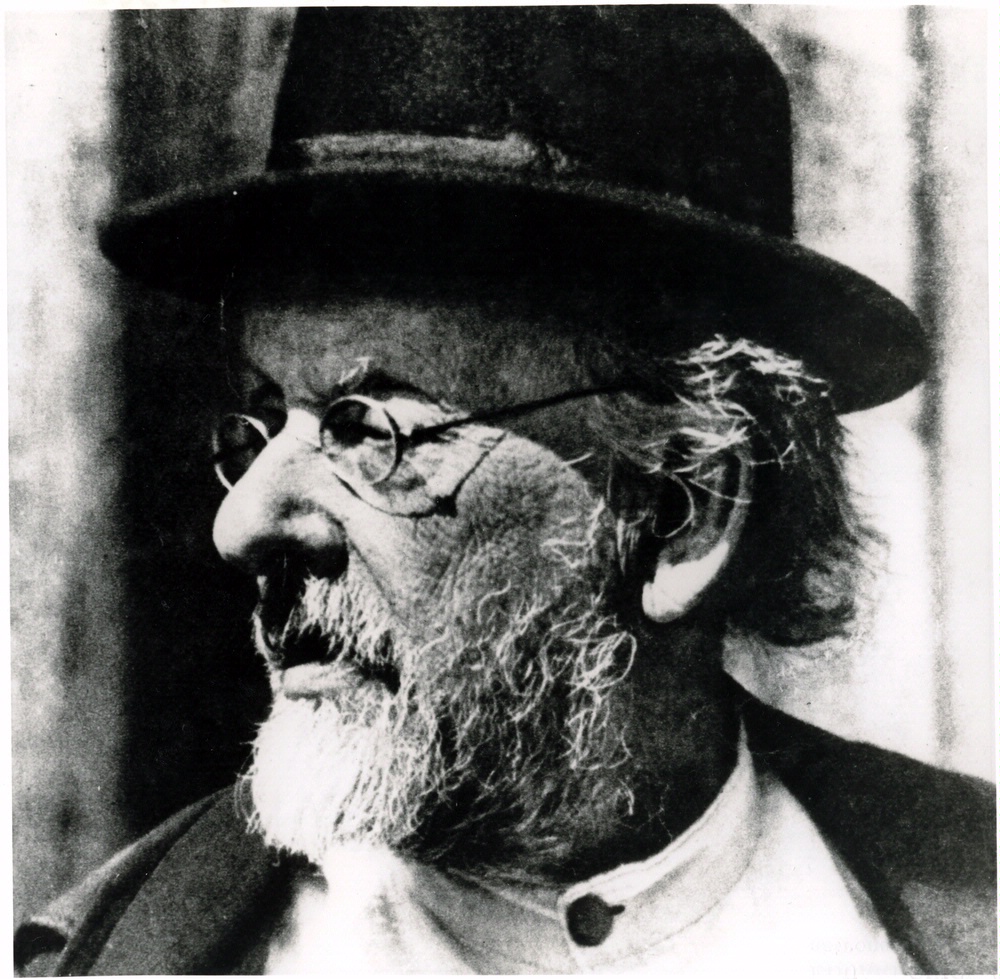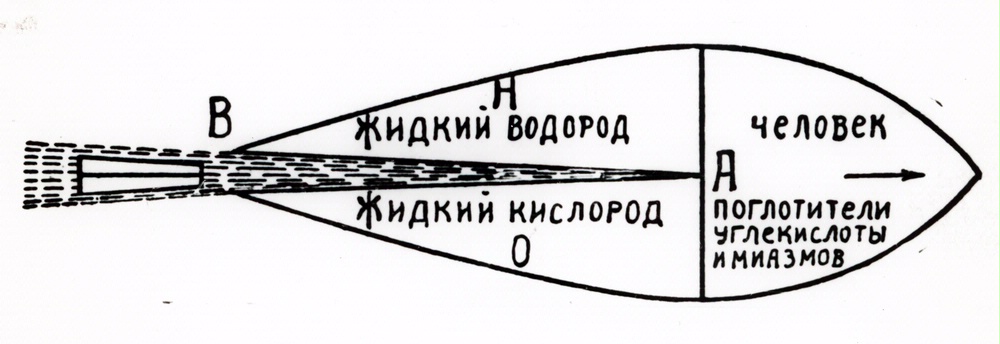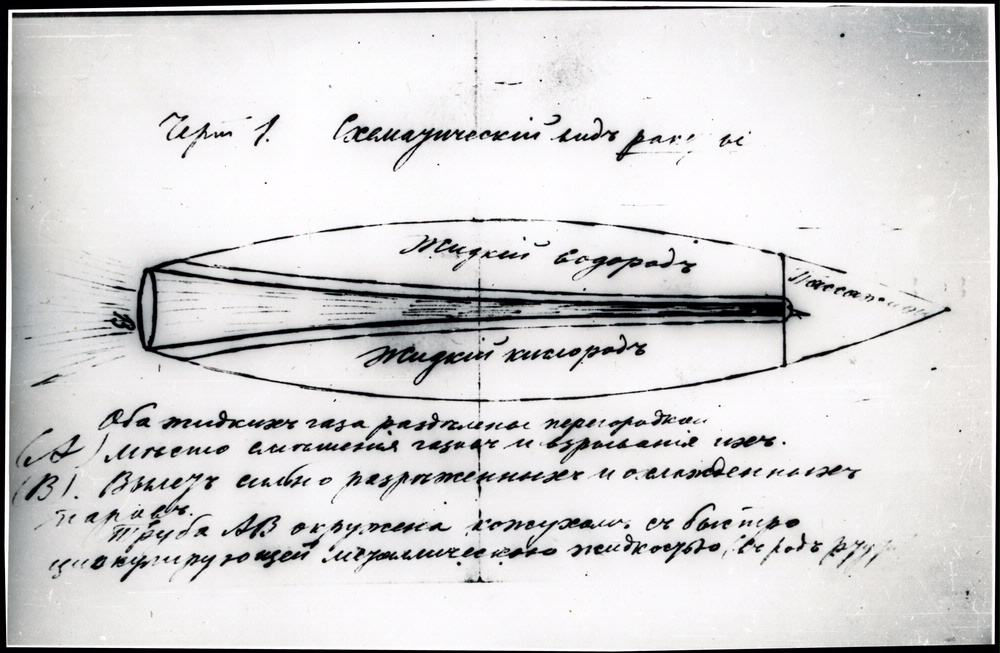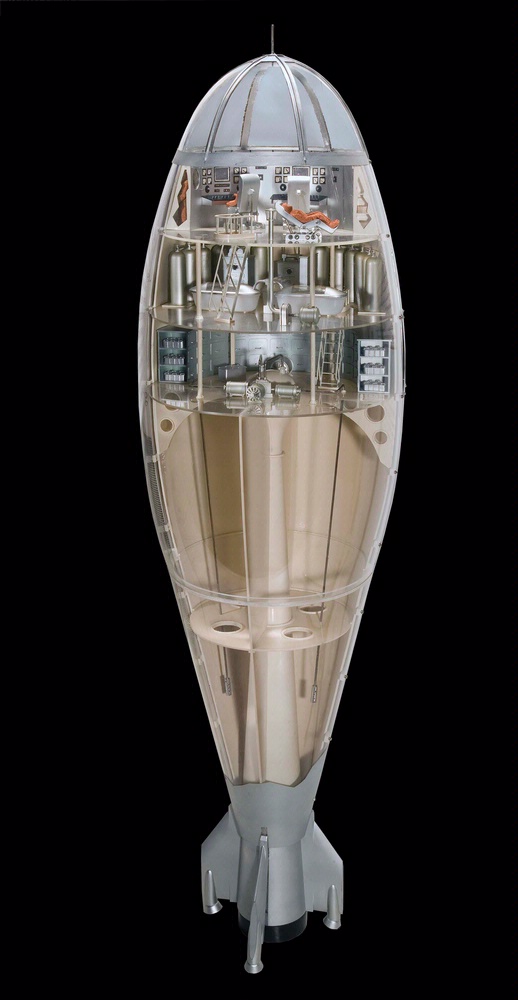1857–1935, born in Izhevskoe, Russian Empire
Tsiolkovsky was probably the first person to realize the rocket was the means to travel into space, and the first to work out many essential principles. Deaf since childhood, he became a high school mathematics teacher. He theorized about airships and rockets beginning in the late 1800s and published his spaceflight ideas in Russian as early as 1903.
The communist government that emerged in Russia in 1917 eventually proclaimed Tsiolkovsky as the father of Soviet rocket technology.












